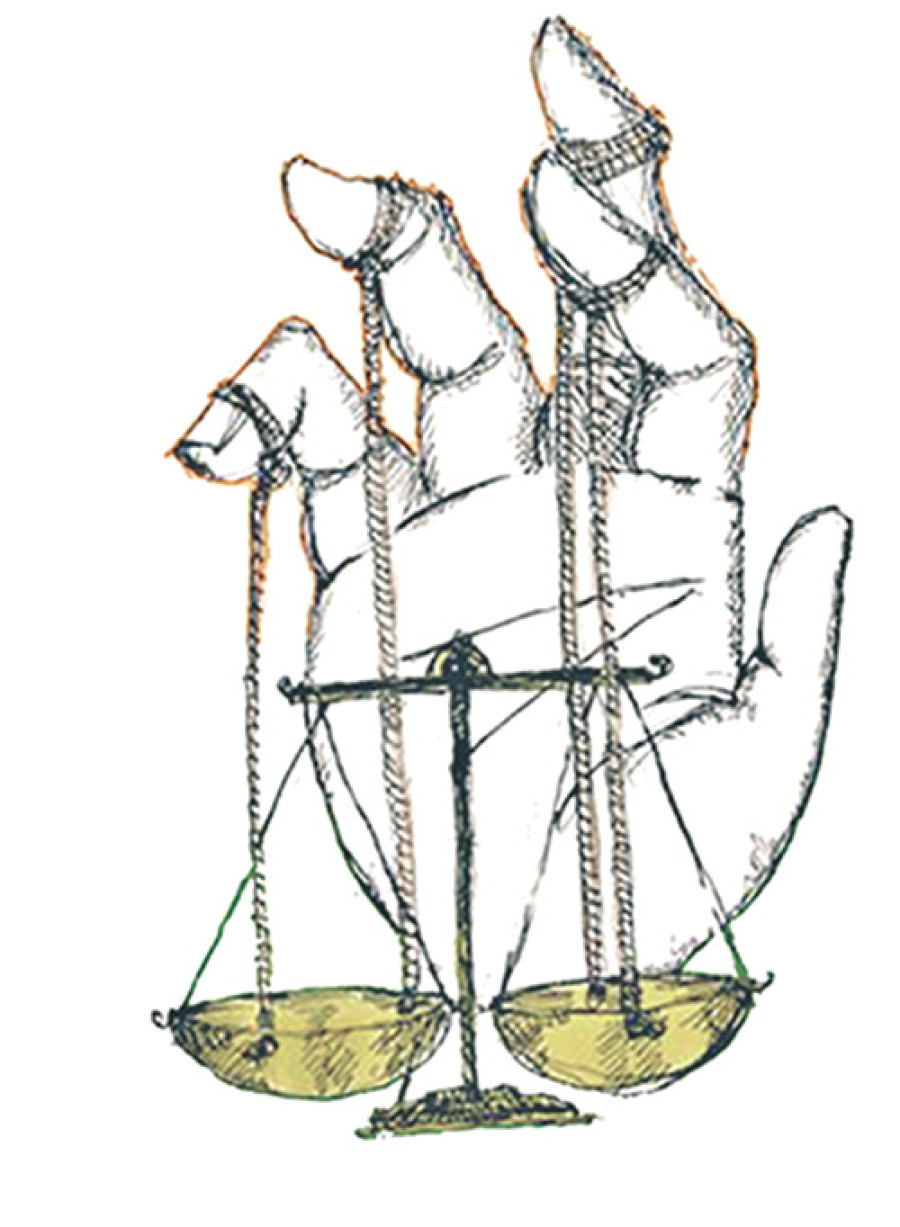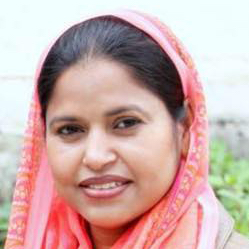Opinion
Toothless commissions
The government has tabled bills in Parliament for the establishment of four constitutional commissions, namely the Madhesi, Janajati, Tharu and Muslim commissions.
Mohna Ansari
The government has tabled bills in Parliament for the establishment of four constitutional commissions, namely the Madhesi, Janajati, Tharu and Muslim commissions. However, these proposed bodies have no power to receive complaints, investigate acts of discrimination or recommend action. If these commissions are not to be authorised to protect the rights of marginalised communities, what is the use of forming such toothless organisations? These commissions should have at least three types of powers—make recommendations, issue directives and prosecute rights violators. In addition, they should act to promote policies relating to Madhesis, indigenous communities, Tharus and Muslims to empower them as they have suffered discrimination and marginalisation for centuries.
A prerequisite
The constitution has placed these four commissions under the ‘C’ category, putting them in the same class as a big NGO. The bills for their establishment have further proposed to turn them into a department under the Federal Affairs Ministry. This goes against the Paris Principles relating to the Status of National Institutions. What I am arguing is that these proposed commissions should have the power to act on complaints filed by Madhesis, Janajatis, Tharus and Muslims against the violation of their rights. These constitutional bodies should also be authorised to black list institutions if they ignore their recommendations.
If these commissions are not given adequate powers and if their actions are to be limited to making recommendations to the government, they could suffer the same fate as that of the National Human Rights Commission (NHRC) whose recommendations are often ignored by the government. The bills for the establishment of the Madhesi, Janajati, Tharu and Muslim commissions are flawed also because, unlike for the Women Commission and the Dalit Commission, their powers, functions and duties have not been stated in the bills or in the constitution. These bills should allow people of the respective communities to hold the chair of the commission at the age of 35 against the current proposal of 45 years. The age eligibility for the members of these commissions too should be 35.
Way forward
The bills have proposed that the commissions would establish contact with the government through the Ministry of Federal Affairs and Local Development, but this would work against their autonomy. The commissions should be powerful and be allowed to communicate directly with the Office of the Prime Minister and the Council of Ministers. In all the bills, these commissions seem to have been treated just like committees under the Ministry of Federal Affairs and Local Development. These commissions should have enough autonomy and they should be authorised to submit their reports to the President, which can be presented to Parliament through the prime minister.
Likewise, there should be 33 percent representation of women in all these commissions. Anybody who is 35 years of age and meets other eligibility criteria should be allowed to be a member. These bills have not proposed give power to the commissions to take punitive action against institutions for failing to ensure protection of the rights of Madhesis, Tharus and Muslims in state organs. These commissions should have powers to make recommendations, issue directives and prosecute those who violate Muslim rights. These bills are not based on the Paris Principles. According to the Paris Principles, when a state creates a national institution, it should have financial and administrative autonomy and its recommendations should be acted upon.
There are three types of commissions under the constitution. The first category consists of the Election Commission and the NHRC. The National Women Commission and the Dalit Commission come under the second category. The third category of commissions are the Madhesi Commission, Muslim Commission and Tharu Commission. These commissions should be national commissions, and the word ‘national’ should be added before their names. The Muslim Commission should be given powers to monitor ‘madrasa’ schools and help bring them under the mainstream education system. The bills should also state that these commissions will work in coordination with the NHRC. The government must provide them the required funding so that they are able to work efficiently.
The role of NHRC
These commissions will hold joint meetings with the NHRC at least once every three months. The NHRC should investigate cases of individual human rights violations while these commissions should investigate cases of violation of these communities’ collective rights including inclusion and identity. The NHRC should include members of these commissions if the cases of human rights violations affect the Madhesi, Tharu and Muslim communities. The NHRC should also try to come up with joint findings if possible. The NHRC should also try to jointly review the laws related to Madhesis, Tharus and Muslims and present a joint report to Parliament. The Madhesi Commission, Muslim Commission and Tharu Commission shall present a joint report to UN human rights organisations and other international forums.
The NHRC should make recommendations about the minimum things that need to be incorporated in the three bills. The NHRC should advise the government on determining the jurisdiction of these commissions. It should devise its annual programmes by receiving inputs from these commissions. The NHRC should view these proposed commissions as subsidiary commissions and not as adversaries. This is the right time for the NHRC to come forward and propose these amendments to the bills for the establishment the constitutional commissions to increase ownership of marginalised communities in state institutions including the NHRC. Otherwise, taxpayer money is going to be wasted with the formation of these useless and toothless commissions.
Ansari is the spokesperson for the NHRC




 9.7°C Kathmandu
9.7°C Kathmandu










